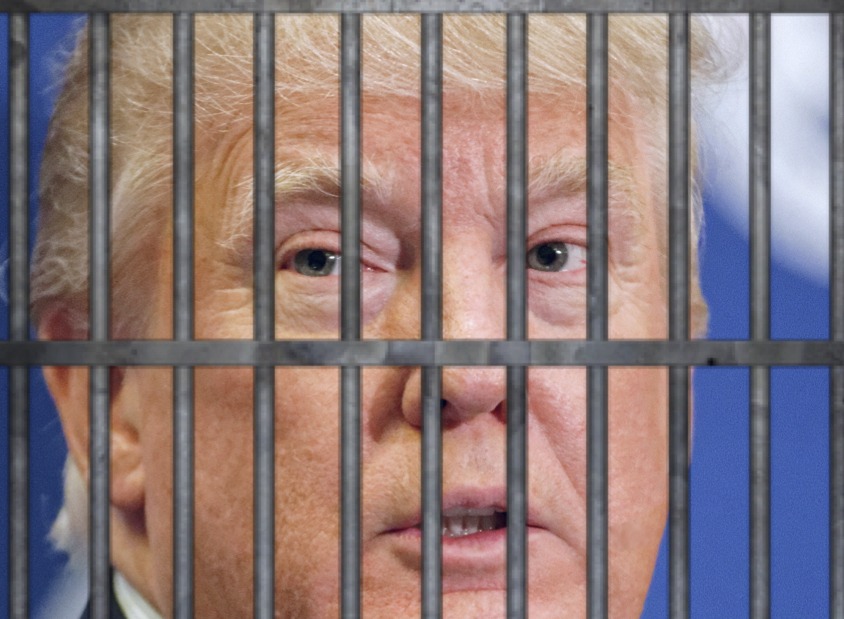Democrats paving way for FBI to pursue Donald Trump and his Russia co-conspirators for treason

If Donald Trump and his campaign conspired with Russia to rig the election in his favor, most Americans would likely view that as fitting their own personal definition of treason. But the legal definition of treason under U.S. law generally points to it being a wartime crime. That appears to be why the Democrats in Congress are suddenly pushing for Russia’s election hacking to be classified as an act of war, now that the FBI has revealed the depth of its Trump-Russia investigation.
Various members of the Trump campaign are believed to have promoted pro-Russia political stances in exchange for Russia hacking into the emails of the Democratic Party and other cyber crimes. That would make the Trump campaign people guilty of conspiracy to commit whatever crimes Russia committed. But in legal terms, what exactly were those Russian crimes? Cyber hacking? Cyber theft? Election tampering?
Those crimes are severe enough. But it’s now clear from their latest “act of war” rhetoric (source: The Hill) that the Democrats are aiming for treason charges, which are very historically rare in the United States. So how exactly would that work? The strategy of FBI Director James Comey appears to be to build a rock solid legal case behind the scenes while using publicly televised congressional hearings to convince the public of just how much guilt there is. If that leads the public to overwhelmingly demand that the Department of Justice appoint an independent prosecutor to go after Trump’s campaign conspirators, then Republicans in the Senate may feel compelled to push their former colleague Attorney General Jeff Sessions to appoint one (Sessions has already lied about Trump-Russia under oath to the Senate, and at this point they control his fate).
If the special prosecutor brings criminal charges against Trump campaign advisers such as Paul Manafort or Roger Stone, which would send them to prison for the rest of their lives, they would then have little choice but to flip on Donald Trump no matter how much personal loyalty they might feel toward him. They may be more easily swayed if they’re facing charges of treason, rather than mere charges of conspiracy to steal someone’s emails. If Trump’s Russia co-conspirators do flip on him and reveal his culpability, the public will then view Trump as so overwhelmingly guilty that Congress would then be compelled to impeach him for treason – which could end in his removal from office and then his imprisonment.
That may sound like a long process to get rid of Donald Trump. But if things do begin ramping up as described above, Trump could see the eventual writing on the wall and choose to preemptively resign, shortening the process significantly. As the United States still has no formalized definition for a cyber act of war (source: Military.com), the sudden push by the Democrats to classify Russian election hacking as an act of war is a major turning point in the process of taking Trump down. Contribute to Palmer Report
